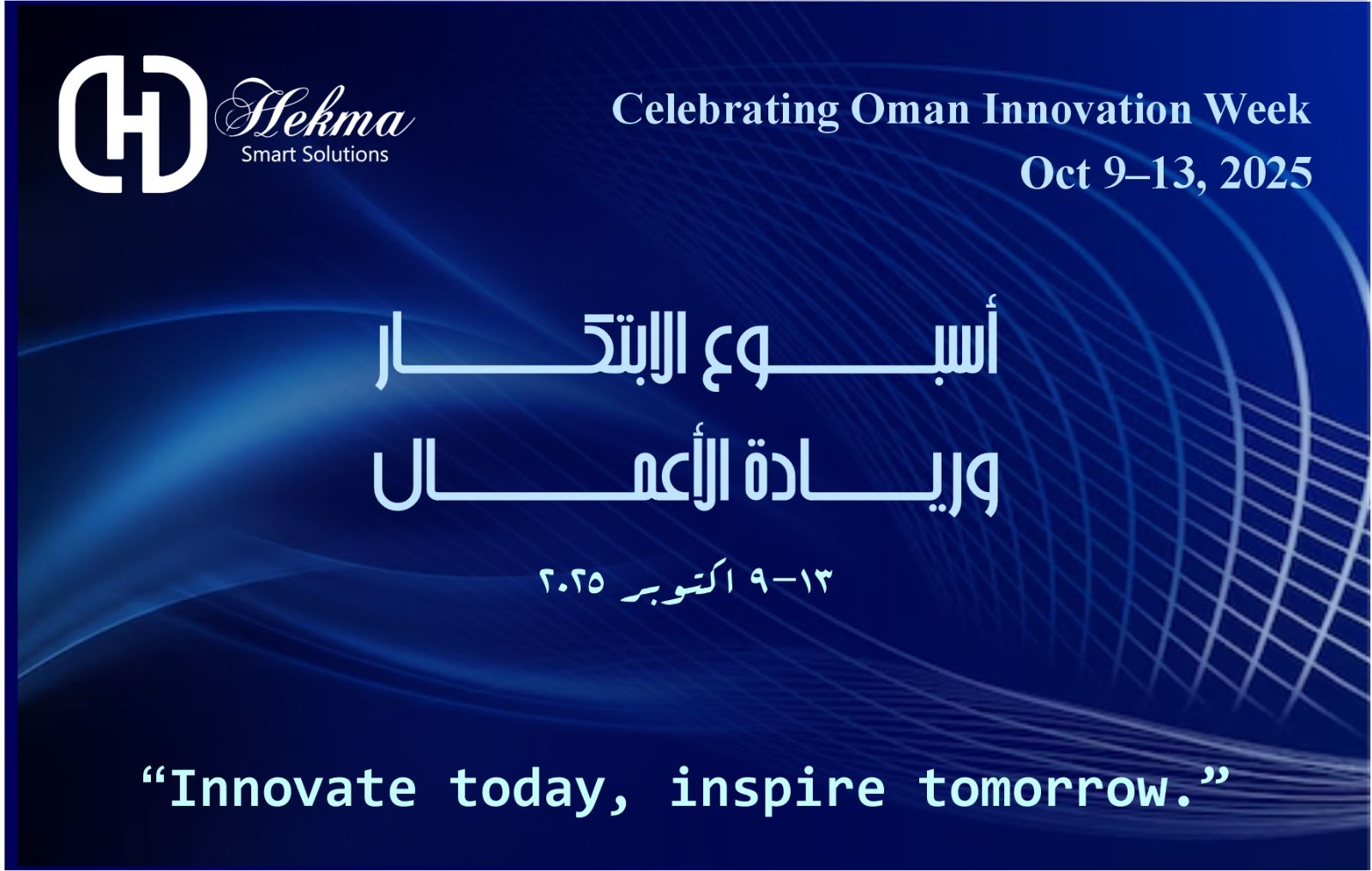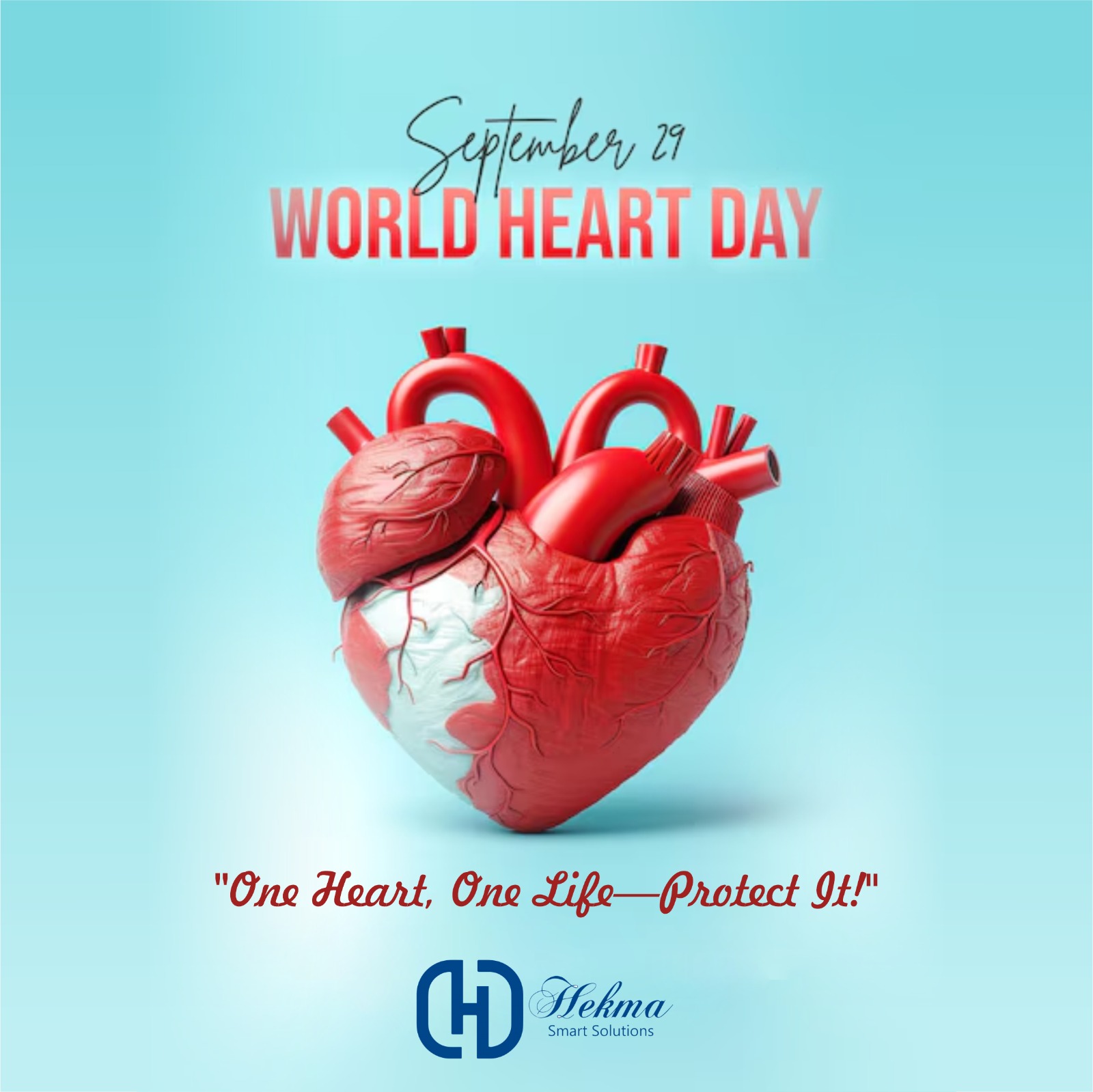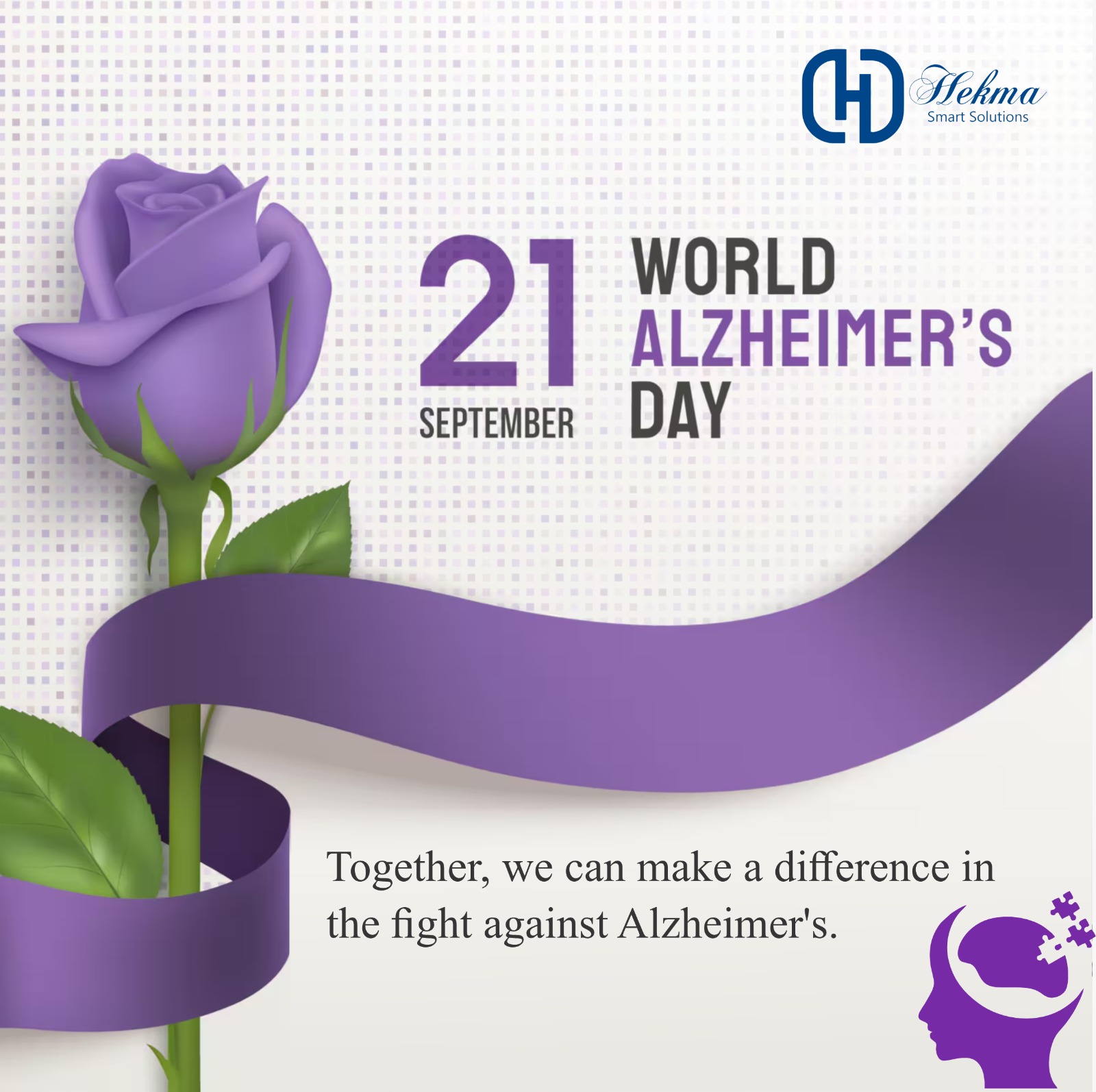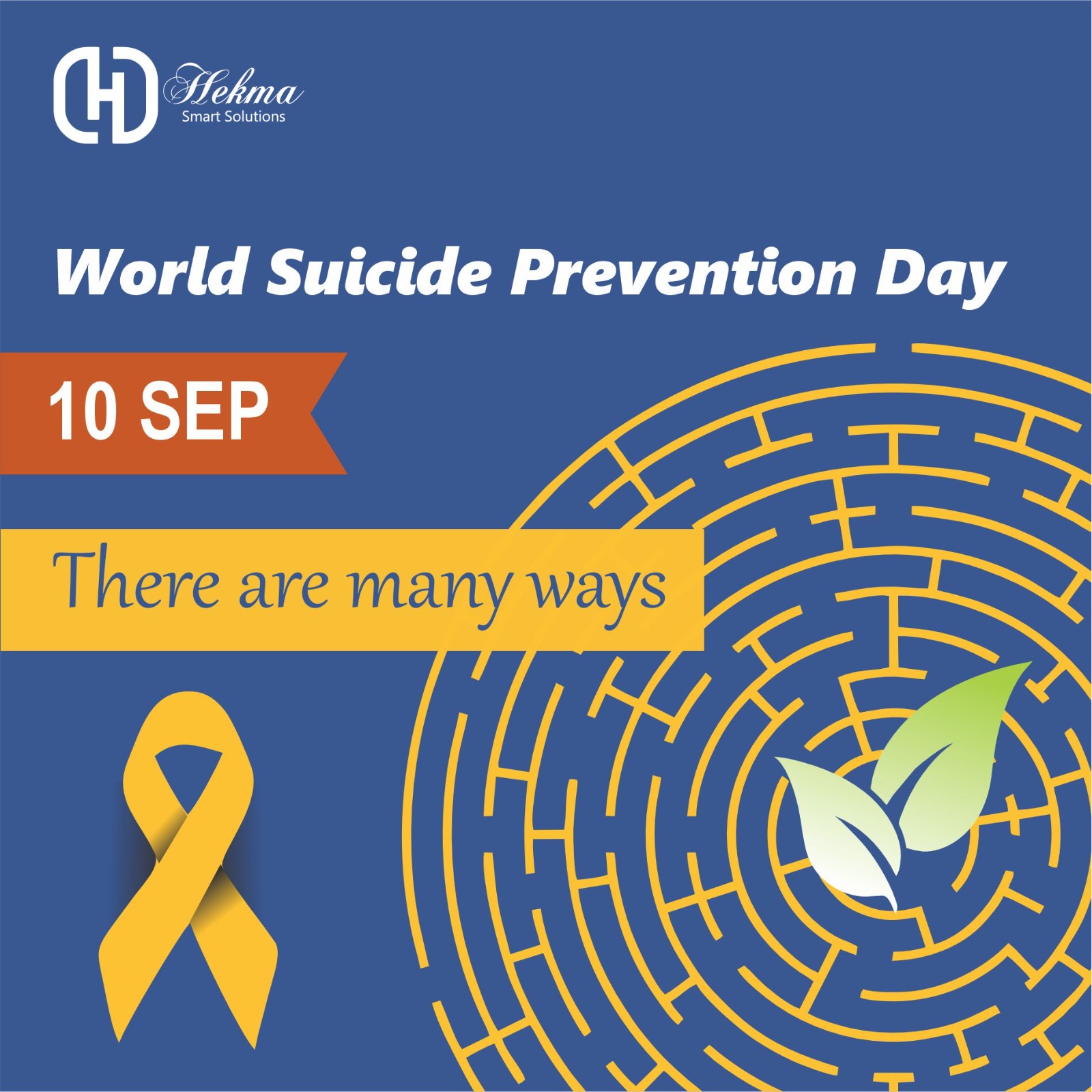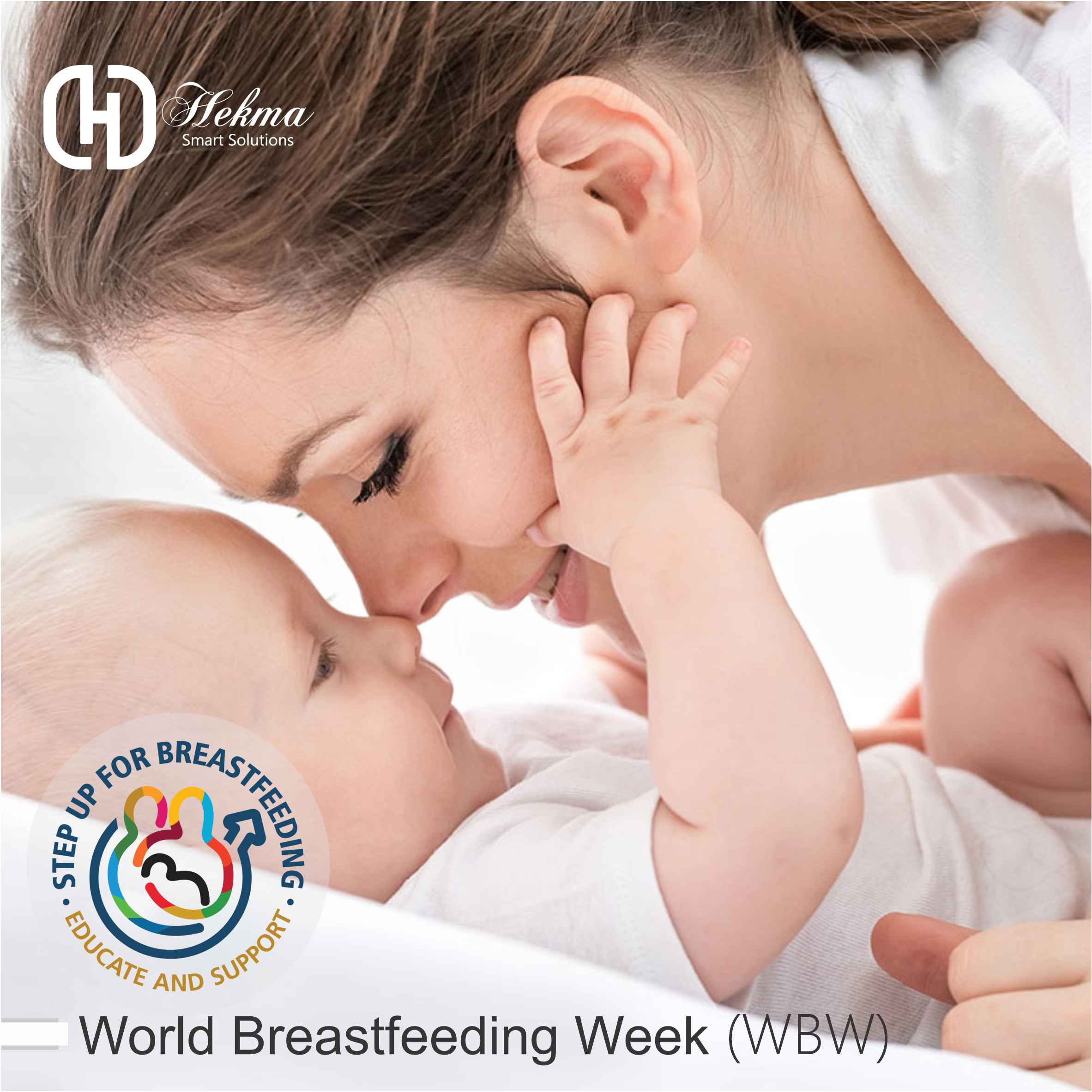World Children’s Day is UNICEF’s Global Day of Action for children, by children, marking the adoption of the Convention on the Rights of the Child.
Child rights are human rights. They are non-negotiable and universal. But in too many places today children’s rights are being misunderstood, disregarded or even denied and attacked.
Upholding children’s rights is the compass to a better world – today, tomorrow and into the future.
By listening to children, we can fulfil their right to self-expression, understand their ideas for a better world and include their priorities in our actions today.
Source
www.unicef.org


